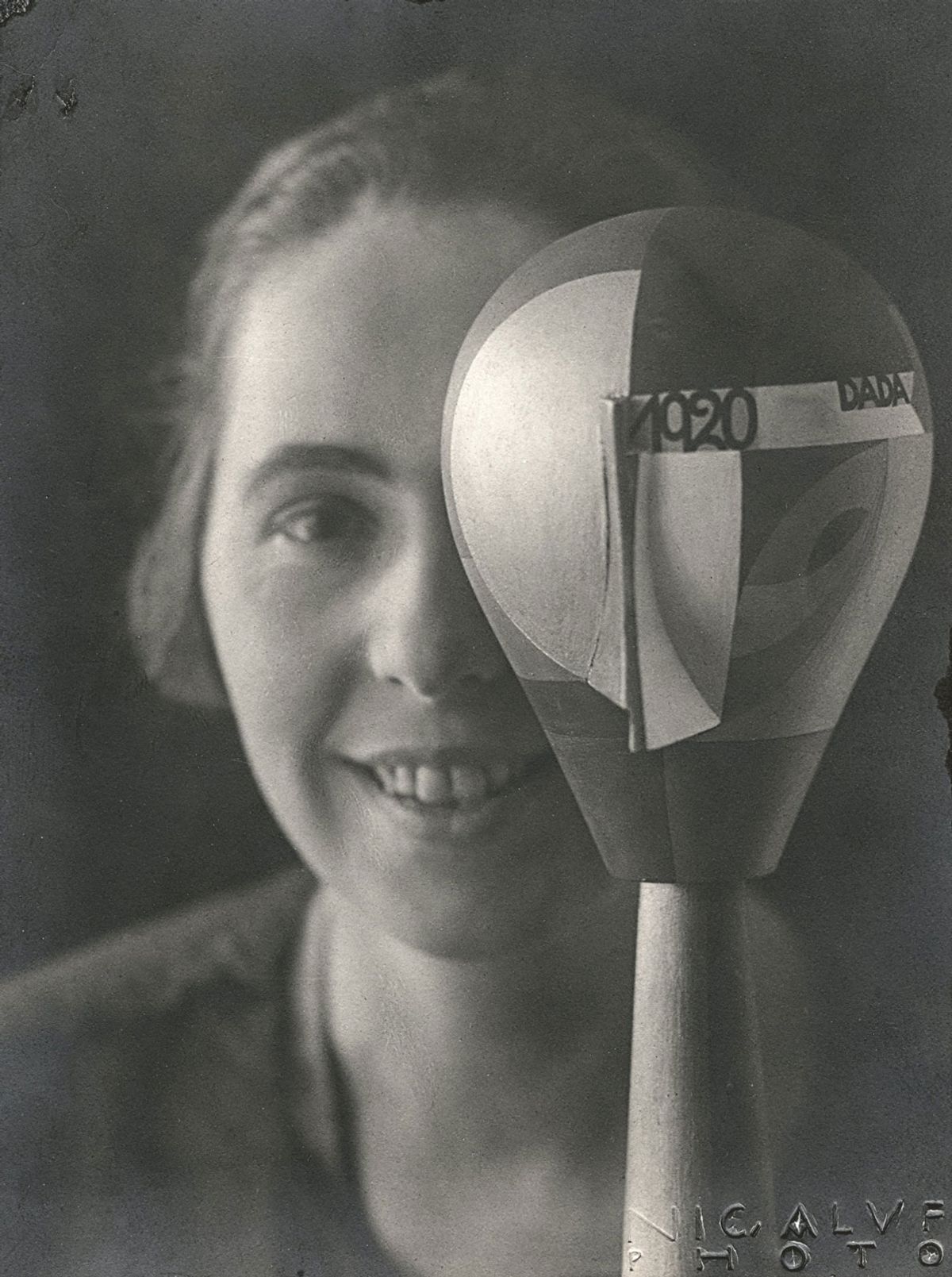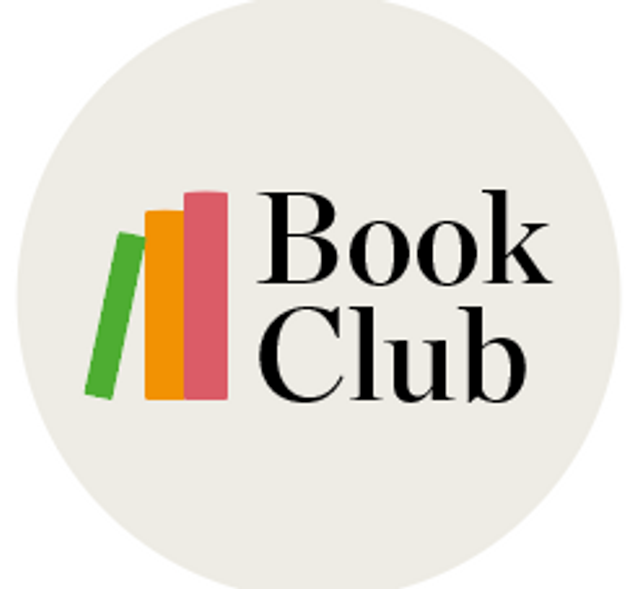“[The] long-awaited compilation of Taeuber-Arp’s correspondence [...] gives unprecedented insight into her life and work”
• Click here for more reading lists on the world's greatest artists
“Polymath” is a word that is often overused when it comes to describing artists who might have dabbled in a handful of media, but for the Swiss artist Sophie Taeuber-Arp (1889-1943) the description is perhaps an understatement. Tauber-Arp’s oeuvre ranged from architecture to abstract painting, poetry to performance. She turned wood, made and designed tapestries, jewellery, stained glass, book plates, desks and sets of drawers, and marionettes to put on plays. She collaborated with some of the most important artists of her age, including Theo Van Doesburg and her husband Jean Arp, and performed at the famed Cabaret Voltaire. She was a teacher, writer, and interior designer and architect who designed her own house. But when she died in 1943 from accidental carbon monoxide poisoning, her death certificate described her occupation simply as “housewife”.
A major touring exhibition of Taeuber-Arp’s life and work shows that there is so much more to this multi-talented artist, and comprehensively brings her out of her more famous husband’s shadow. The survey, titled Living Abstraction, debuted at the Kunstmuseum Basel earlier this year, before travelling to London’s Tate Modern (until 17 October) and the Museum of Modern Art in New York (21 November-12 March 2022). Below, Natalia Sidlina, the curator of the Tate Modern leg of the show, has selected five books for anyone wanting to get closer to the multifaceted life and work of Sophie Taeuber-Arp.
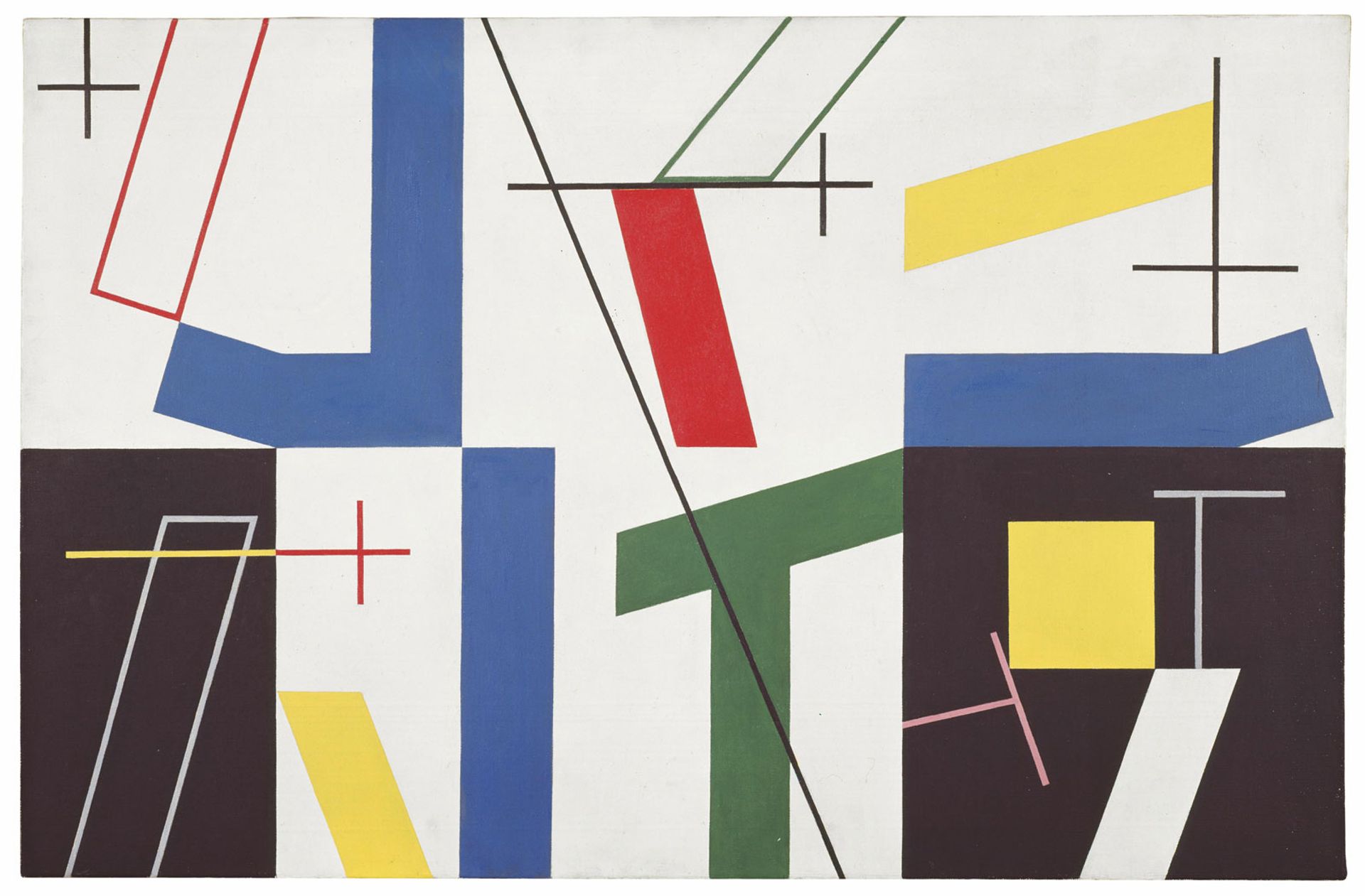
Sophie Taeuber-Arp's painting Six Spaces with Four Small Crosses (1932) is included in a major exhibition of her work Kunstmuseum Bern, gift of Marguerite Arp-Hagenbach
Sophie Taeuber-Arp: Briefe 1905-1942 (2021) edited by Medea Hoch, Walburga Krupp, Sigrid Schade (only available in German)
“This long-awaited compilation of Sophie Taeuber-Arp’s correspondence has just been published for the first time. Compiled by scholars who have been granted access to her archives, it gives unprecedented insight into Taeuber-Arp’s life and work. Since the publication of her catalogue raisonné in 1948, five years after her tragic death, we have mainly learned about her practice from people around her: her husband Hans (Jean) Arp; fellow-artists like Hugo Ball, Wassily Kandinsky and Tristan Tzara; or art historians. This publication gives Taeuber-Arp a platform to speak freely and comment on her own work, her way of thinking and creating, her life experiences and struggles, relationships with family, and the creative community she played such an active role in. It includes her letters from the 1900s as a young art student, thorough descriptions on the development of her creative practices in the 1910-20s, and reports on life in exile during the devastating years of the Second World War.”
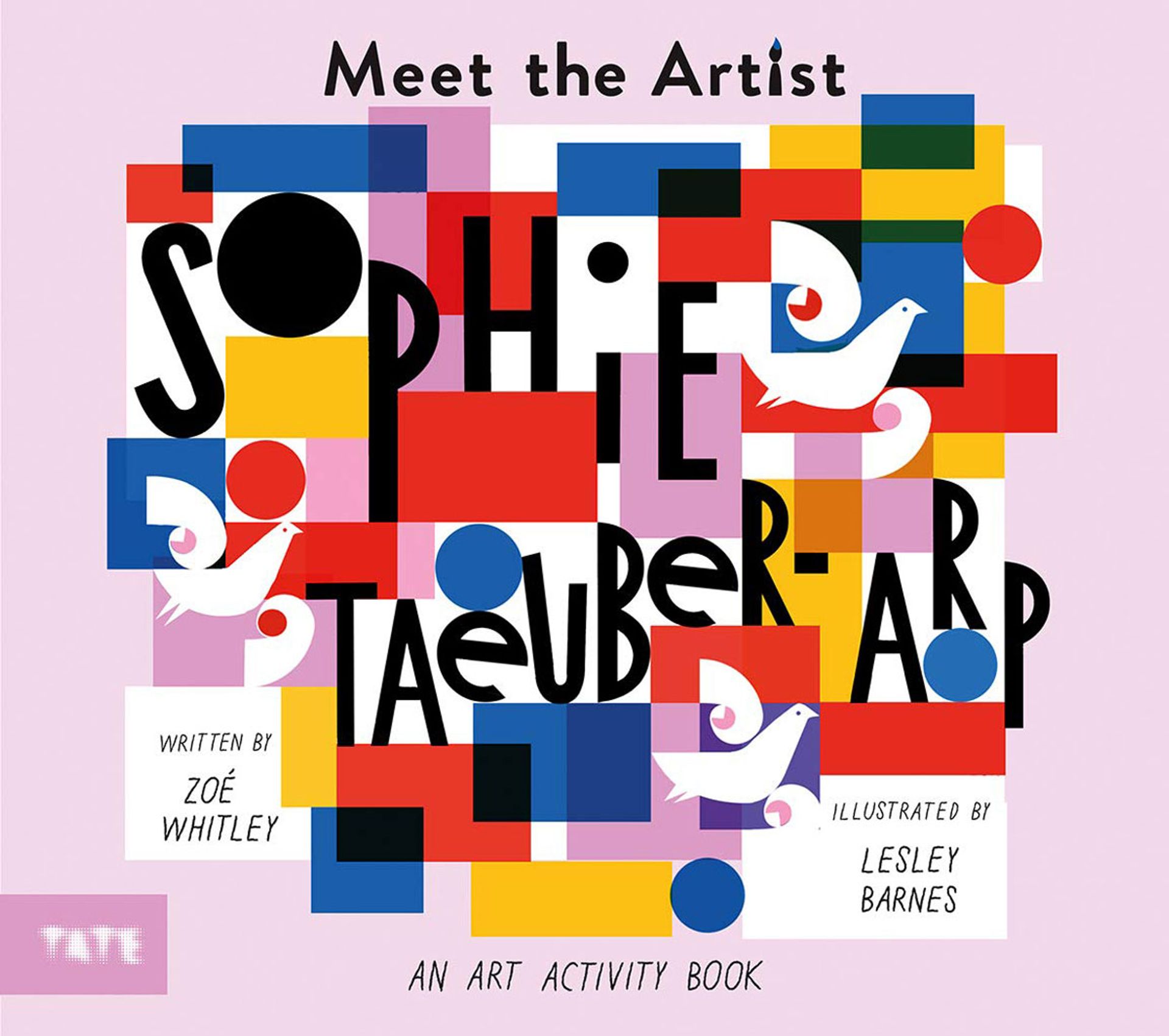
Meet the Artist: Sophie Taeuber-Arp (2021) by Zoé Whitley and Lesley Barnes
Meet the Artist: Sophie Taeuber-Arp (2021) by Zoé Whitley and Lesley Barnes
“Taeuber-Arp’s playful approach to abstraction and her life-long commitment to ‘making things of value, living things’ is interpreted by the authors in a colourful, fun and engaging way. Kids (and adults!) can learn about her ideas on making art more free, diverse and relevant to everyday life. [The book includes activities such as] how to make your own puppets, tips on designing your own magazine cover, understanding how light activates stained glass, and how the rhythmic quality of poetry becomes integral to artistic expression.”
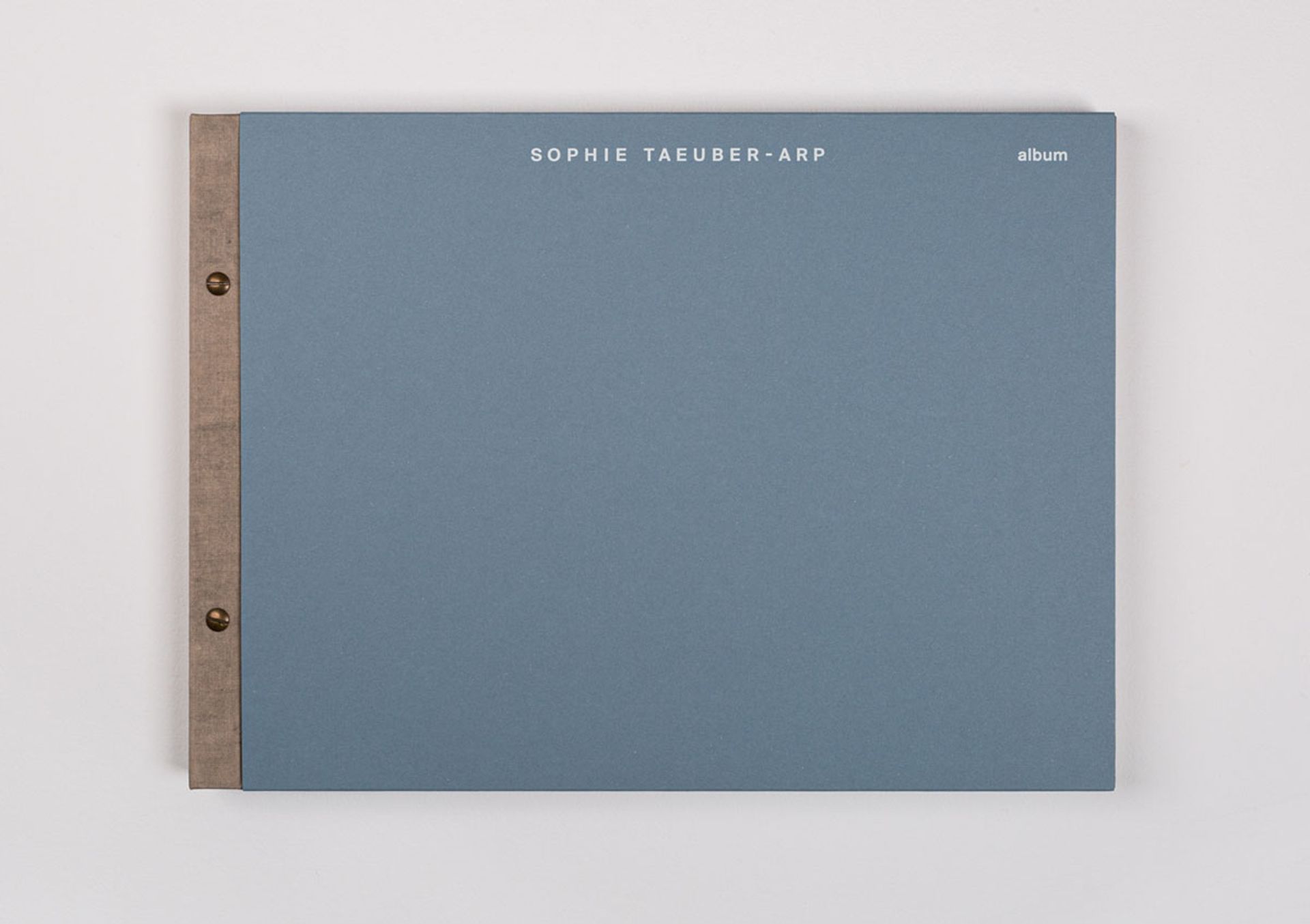
Album (2021) by Sophie Taeuber-Arp
Album (2021) by Sophie Taeuber-Arp
“A fascinating artefact that is included in our exhibition at Tate Modern is the artist’s Presentation Album. For those who would like to take it home and look at the photographs at leisure there is a facsimile edition now available from Ivory Press. The 47 photographs, assembled by the artist into an album fit to be shown to potential clients, are a rare glimpse into her way of working on commissioned projects as an architect, interior and furniture designer as well as highly acclaimed crafts professional of her time. It features photographs of the wonderful King Stag play marionettes and stage sets, as well as rugs, stained glass windows and murals, interior design of the Aubette entertainment complex in Strasburg and architectural projects in Paris that she designed herself or in collaboration with others.”
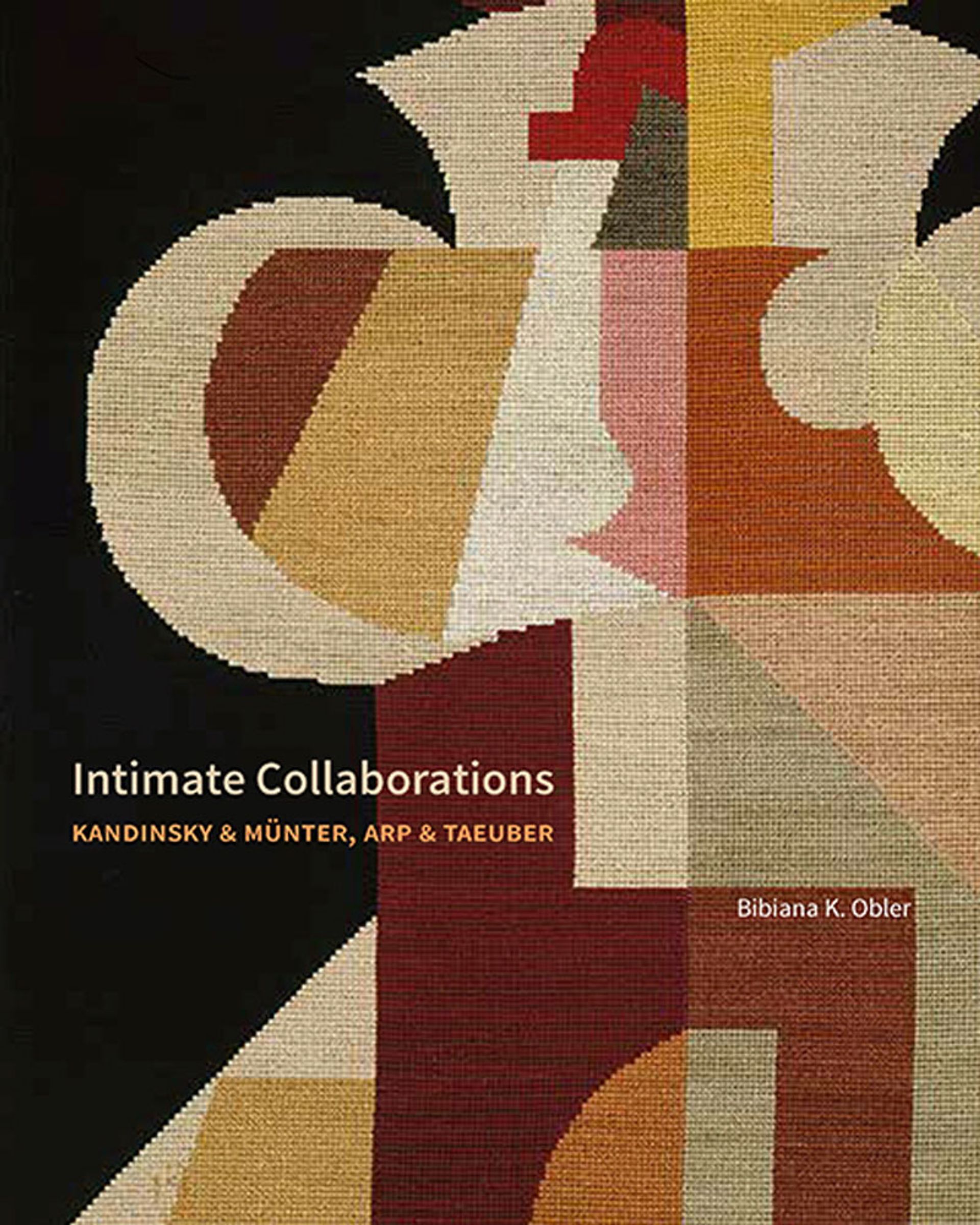
Intimate Collaborations: Kandinsky and Münter, Arp and Taeuber (2013) by Bibiana K. Obler
Intimate Collaborations: Kandinsky and Münter, Arp and Taeuber (2013) by Bibiana K. Obler
“The couple dynamics of Modernist artists have recently been in focus of several exhibitions and publications, including the Pompidou and Barbican show Modern Couples. The relationship between Hans (Jean) Arp and Sophie Taeuber-Arp—that started in 1915 and saw them developing independent careers as well as collaborating on joined projects, from the moment they met to her death—has been of particular interest to scholars and the public alike. This book looks at Arp and Taeuber, as well as Wassily Kandinsky’s and Gabriele Munter’s relationship. It explores the impact of creative co-existence, mapping out intellectual and artistic development of both artists within Expressionism for Münter and Kandinsky, and Dadaism for Taeuber and Arp. The author considers their position within a broader field and in contexts of the shifting world views, developments in industry and education systems, and changing creative milieus.”
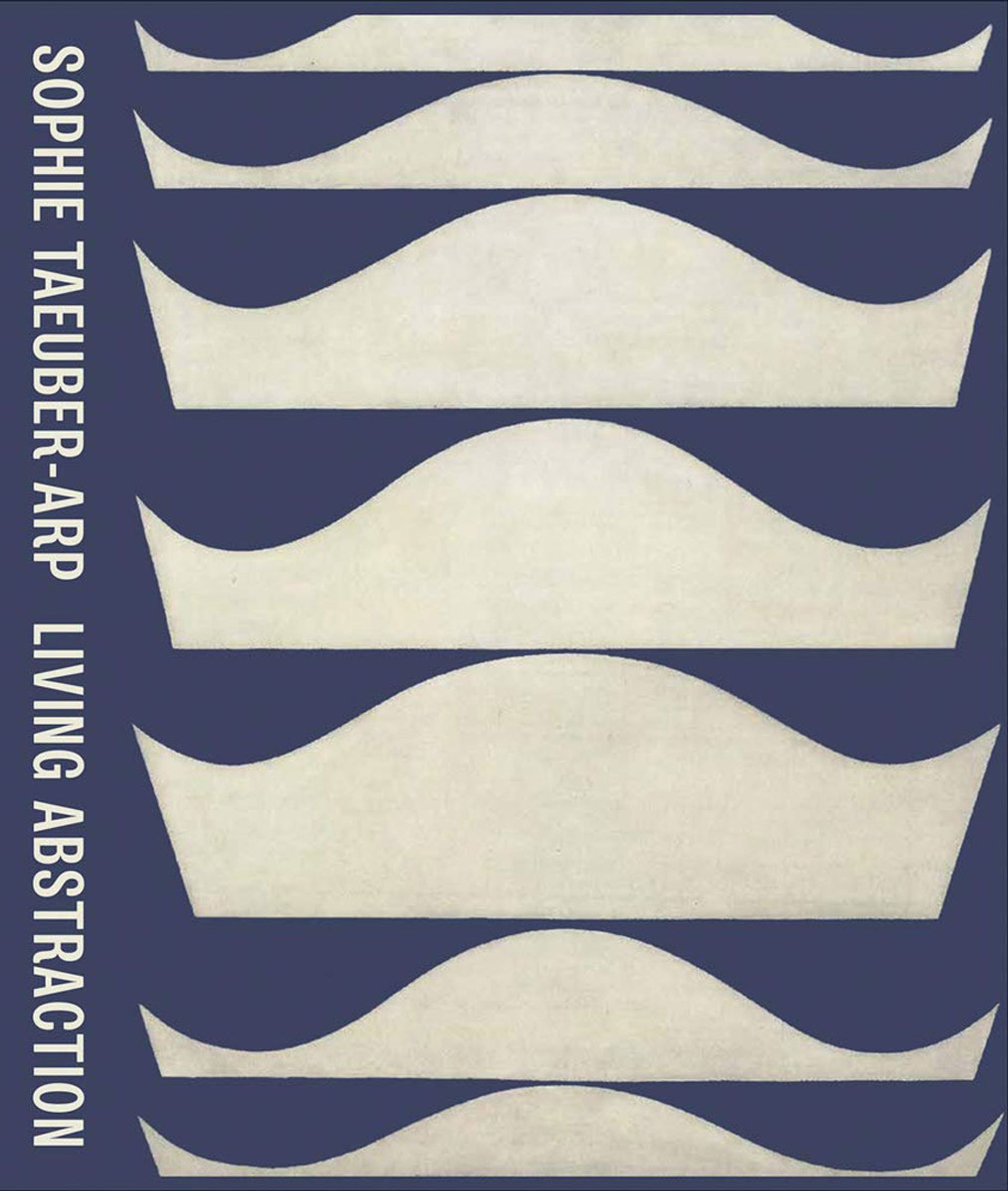
Sophie Taeuber-Arp: Living Abstraction (2021) by Anne Umland and Walburga Krupp, with Charlotte Healy
Sophie Taeuber-Arp: Living Abstraction (2021) by Anne Umland and Walburga Krupp, with Charlotte Healy
“Published in conjunction with the major touring exhibition organised by Kunstmuseum Basel, Tate Modern and the Museum of Modern Art (MoMA), this richly illustrated exhibition catalogue contains a brilliant introduction by MoMA’s Anne Umland and the independent scholar Walburga Krupp, who has dedicated decades to studying Taeuber-Arp’s life and work. Sixteen additional contributions by academics, curators and conservation specialists give a compelling account of incredible diversity of the artist’s practice—from textile design to performance to painting and drawing. Anni Wilker, who travelled around the globe examining Taeuber-Arp’s works held in international collections, gives a fresh examination of her techniques and methods, and Laura Braverman and Walburga Krupp’s chronology situates the artists and her life within the cultural and geopolitical context of the early 20th century.”


